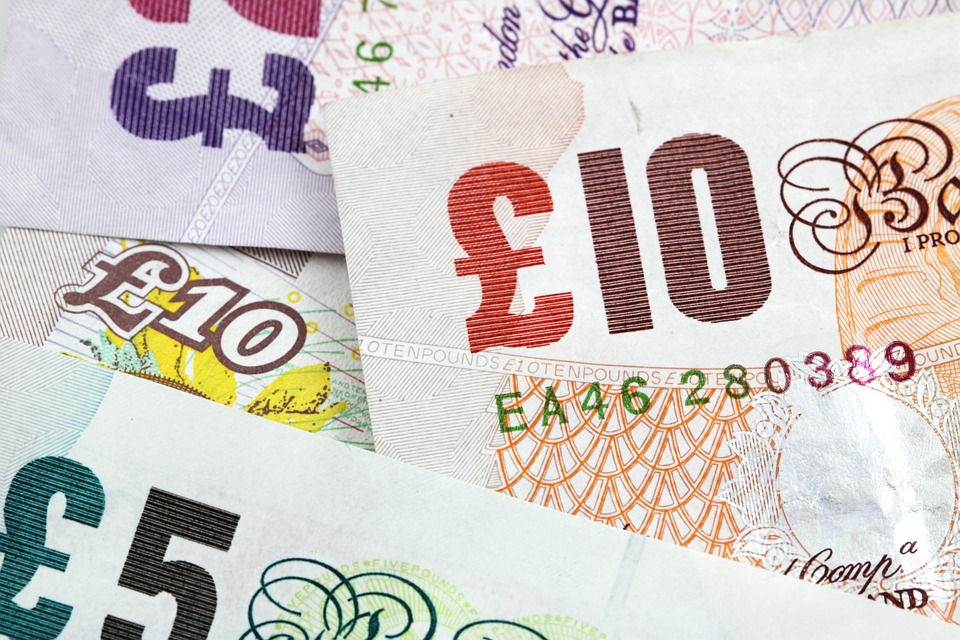Britain’s budget deficit swelled in the first three months of the tax year, official data showed, putting the public finances on a shakier footing even before a new prime minister moves into Downing Street next week clutching costly spending pledges.
Boris Johnson — the front-runner to succeed Theresa May — and rival Jeremy Hunt have both made pledges of tax cuts and higher spending which independent analysts say will cost tens of billions of pounds.
Britain will suffer a similar fiscal hit if it leaves the European Union without a transition deal on Oct. 31, something neither candidate has ruled out.
The government’s budget forecasters on Thursday put the cost of a no-deal Brexit to the public finances at about 30 billion pounds a year.
On Friday, the Office for National Statistics said public borrowing in June was the highest in four years for that month at 7.2 billion pounds — above all forecasts in a Reuters poll of economists and up from 3.3 billion pounds a year earlier.
“Disappointing news on the public finances to greet the new prime minister and chancellor,” Howard Archer, economist at consultants EY ITEM Club, said in an email to clients.
In the three months to June, borrowing was a third higher than in the same period in 2018 at 17.9 billion pounds.
June’s extra borrowing was driven by increased interest costs for inflation-linked government debt and higher spending on public services, compounded by stagnating tax revenues.
Corporation tax receipts — a small part of overall revenue — showed the biggest year-on-year fall since 2013, though payroll taxes continued to rise solidly.
Samuel Tombs, an economist with Pantheon Macroeconomics, said the figures were a tentative sign that the economy was flagging, but the higher debt costs were probably a one-off linked to the timing of Easter which pushed up inflation in April this year, affecting payments in June.
While data early in the financial year does not always offer a good guide to full-year performance, Friday’s figures showed public spending was running ahead of forecast.
In March, Britain’s Office for Budget Responsibility predicted public borrowing would rise to 1.3% of GDP or 29.3 billion pounds in 2019/20 from a 17-year low of 1.1% in 2018/19.
FISCAL DISCIPLINE LOOSENING
On Thursday, the OBR described Johnson’s and Hunt’s campaign pledges of tax cuts and increased spending as “expensive” and said commitment to fiscal discipline was slipping after years of public spending restraint.
Johnson has called for big tax cuts for high earners, reduced payroll taxes and more spending on schools and police. Hunt has promised a large cut in the rate of corporation tax.
“The imminent change of Conservative leader … looks highly likely to result in a significant change of tack on fiscal policy,” EY’s Archer said.
Neither candidate has endorsed finance minister Philip Hammond’s budget goals of keeping the budget deficit below 2% of GDP and lowering public debt as a share of GDP.
Friday’s figures showed public sector net debt totalled 83.1% of GDP in June, excluding public-sector banks, or 74.8% once the effect of a temporary Bank of England lending scheme was stripped out too.
Britain’s debt-to-GDP ratio was below 40% before the 2008/09 financial crisis.
Editing by Catherine Evans
Source: UK Reuters

